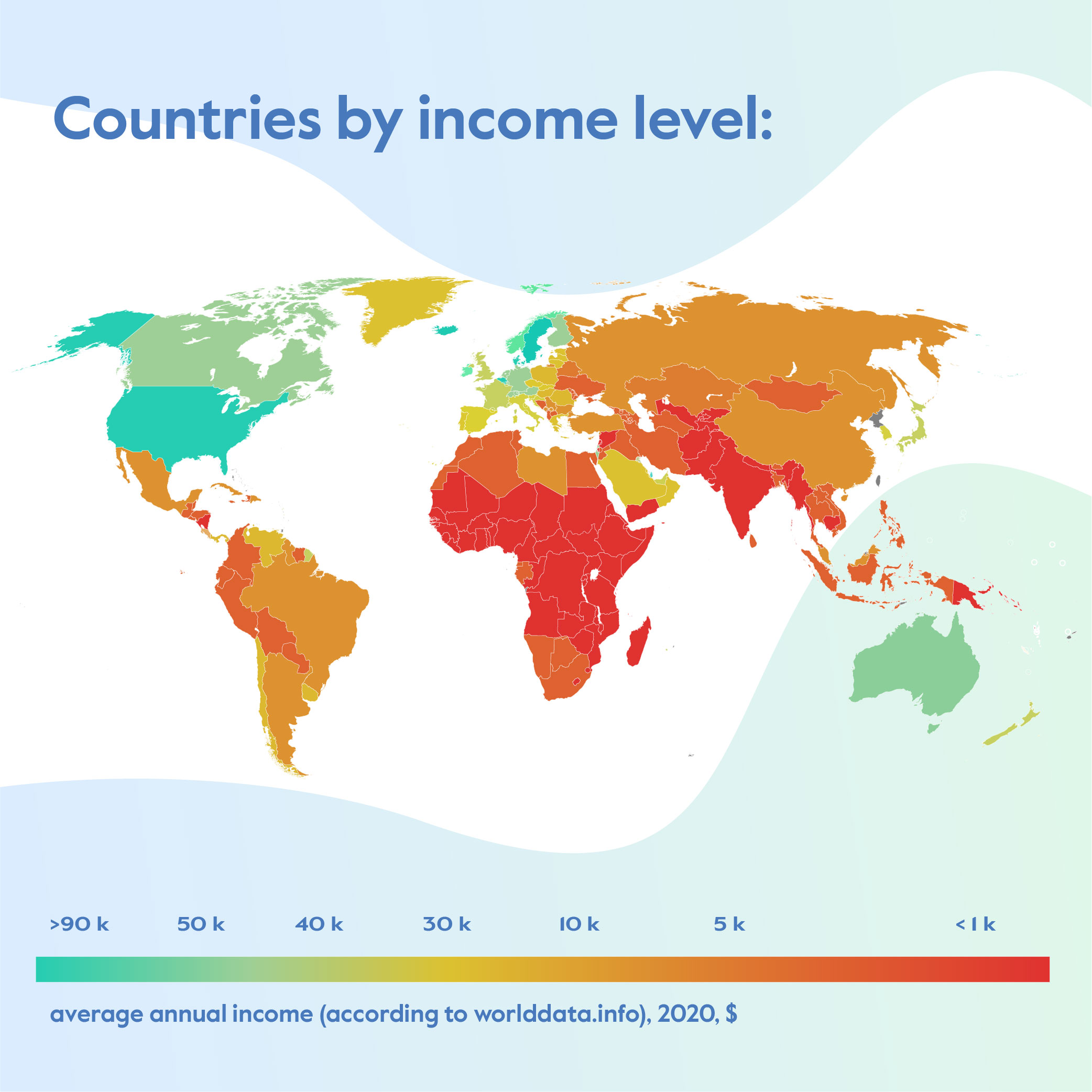How to find a job abroad, options and tips

When planning a move, the important question of finding a job in a new place arises. After all, everyday comfort in a new country largely depends on whether it will be possible to at least maintain the habitual way of consumption, and this, in turn, depends on income. Yes, and it’s a shame to change the sphere if you have already become somewhat established as a professional and you like what you did and know how to do. The lucky ones find work purposefully, even before leaving, and go to a ready place. And if not? What to do?
The palette of options depends on your education, qualifications and knowledge of foreign languages. Different areas have their own specifics. First of all, consider the following:
- IT industry. Work in the field of information technology provides a wide range of opportunities. IT companies have extensive experience in hiring specialists from different countries both for remote work and for office work. In IT, a fairly high level of wages and a flexible work schedule.
- International companies often hire specialists from abroad or transport their employees. It can be financiers, sales specialists, marketers.
- Local manufacturing companies. Various engineering specialties are in demand in a large number of industries. However, knowledge of not only English, but also the local language will be required. Also, the level of wages in local companies will often be lower than in international ones.
- Service sector: from catering to the beauty industry. There is not a very high threshold for entry by education, but salaries are also low. But working with people will allow you to quickly learn the language and make friends.
- Self-employment, freelance. Many countries provide good conditions for doing small business. With a small start-up capital, you can develop a business from your hobby: handicrafts, baking, furniture making.
- Remote work is the easiest way to move. If you have the opportunity to continue your career in your place, only in another country, this will greatly facilitate your relocation.
The greatest difficulties may arise for people whose professions require high qualifications, and whose activities are subject to licensing. For example, it is difficult to find work for doctors abroad. Language proficiency and local proof of education and qualifications are required. This is a long and difficult path, for quick relocation, you can consider related professions (sale of medical equipment, medicines) or non-licensed activities in the service sector.

It is important to note that when looking for a job in another country, it is difficult to objectively evaluate vacancies. First of all, the cost of living and the average salary can differ significantly. This means that the cost structure will be different. Therefore, be sure to study the financial issues in the country of destination.
Be aware of tax laws. In post-Soviet countries, the employer pays part of the taxes instead of the employee, and in a new country, you may have to do it yourself. Accordingly, the amounts may be quite different.
Explore the issue of obtaining a work permit. Not all types of visas allow you to work in the country of destination. Official employment most often gives the right to obtain a temporary residence permit. But to get permanent, only work is not enough.
Here are some tips for looking for work in another country:
1. Start by searching for jobs on local websites and recruiting networks.
2. Make your resume and other documents available in the language of the country. Post your resume on linkedin in your local language.
3. Start learning the language and culture of the country you want to work in.
4. Contact people who already work in the country or company you want to work for.
5. Prepare yourself for interviews and answering questions about your experience and qualifications.
6. Keep updating your skills and qualifications to prove your competitiveness in the labor market abroad. Consider taking additional courses or projects that can help you expand your experience and skills.
Cultural differences are important. The experience of moving shows that even the post-Soviet countries have their own characteristics. Communicate with those who have already moved, they will explain clearly and share their experience with pleasure. To do this, subscribe to our channels and wait for the release of the Relocat mobile application, where you can find not only relocators, but also local experts who are ready to help.
Read also

How to survive relocation?!

Relocation and adaptation in a new country become easier with Relocat




